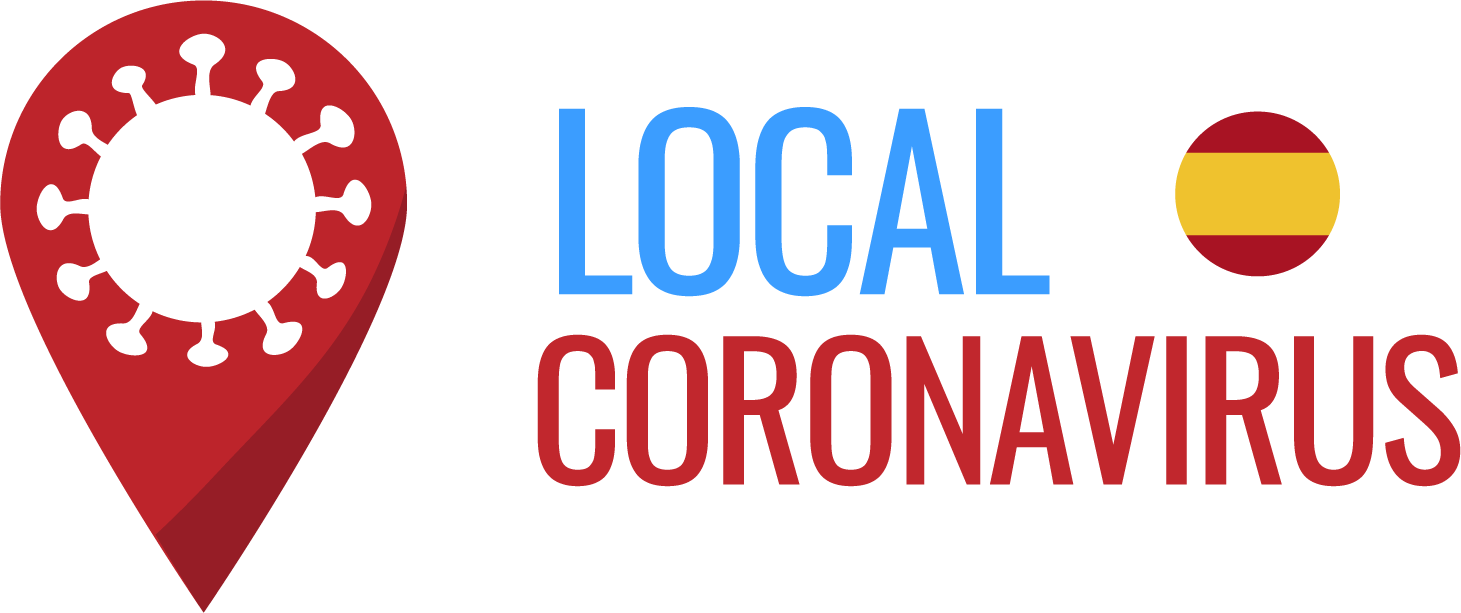Symptoms Coronavirus.
Symptoms and signs due to coronavirus can begin to manifest from the first 2 days to 14 days after exposure to the virus.
This period mentioned above is called "incubation" of the virus. Once the virus has incubated in our body, the symptoms that we can observe are the following:
- Tiredness and physical exhaustion.
- Have a dry cough.
- Appearance of fever
Most common symptoms.
The most common symptoms can go hand in hand with others related to these three, such as: respiratory failure, chills, nasal congestion, loss of smell and taste, sore throat and head ...
This list does not include all the possible symptoms added as time pass by, since over time the information is refreshed and new possible symptoms of the disease may emerge, although these are less common, such as: skin rash, nausea, vomiting , and diarrhea.
Less common symptons.
Other less common symptoms that you can have due to the coronavirus can be:
- Confusion: This symptom is more common in older people who are confused and disoriented due to the virus.
- Changes in the skin: blisters or even rashes may appear, which will be clear indicators of this disease.
- Eye problems: it may happen that the pupils dilate or reddening of the blood vessels, swelling of the eyelids…
As we already know, there are people immune to this disease, who are capable of having the disease and not showing any symptoms. On the other hand, there are people who have this virus and manifest their symptoms in a very slight way. And finally, there are people who are more at risk due to more specific conditions such as obesity, people with chronic diseases or older people.
When should we consult the doctor if we think we have coronavirus disease (COVID-19)?
Contact a doctor immediately if you notice any of these symptoms or have been in contact with someone who has the virus. The symptoms that alert of an emergency call are:
- Pressure or pain in the chest.
- Inability to be awake / tiredness / exhaustion.
- Respiratory problems.






